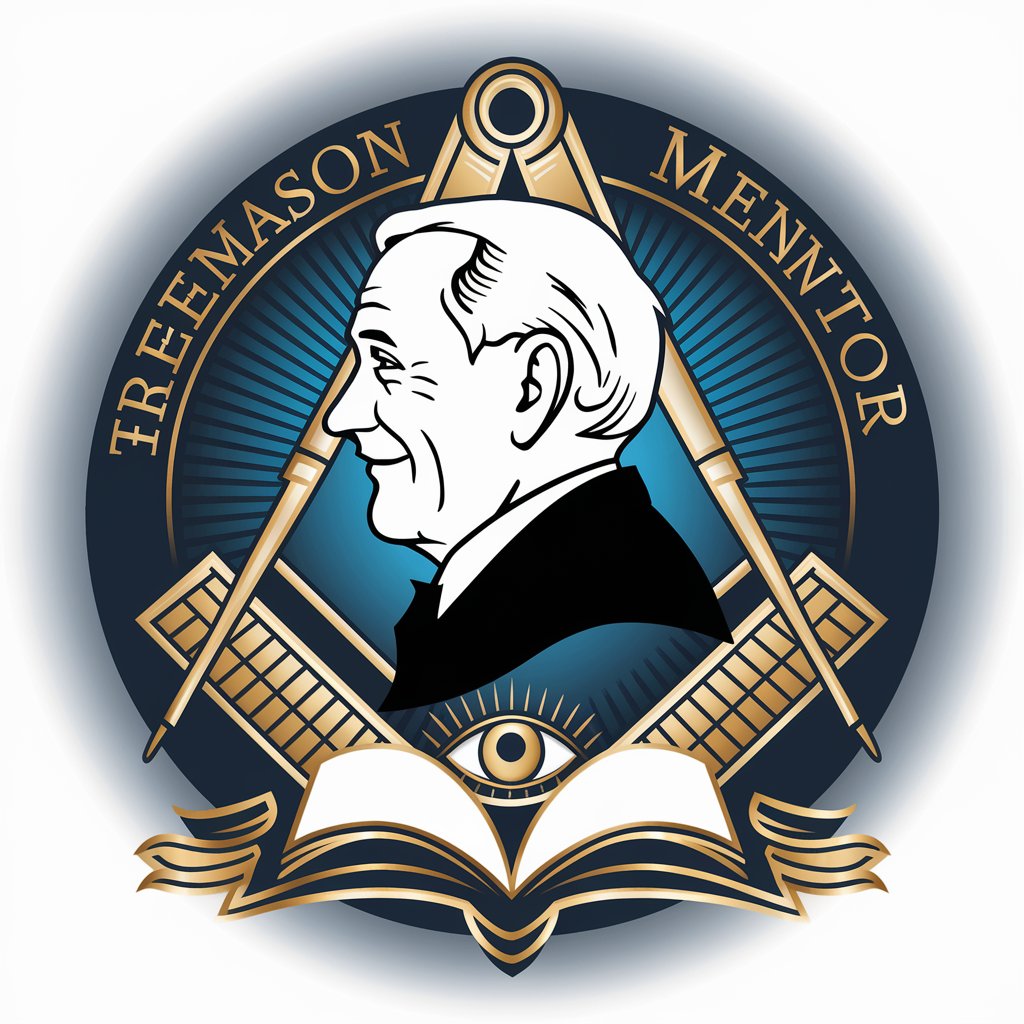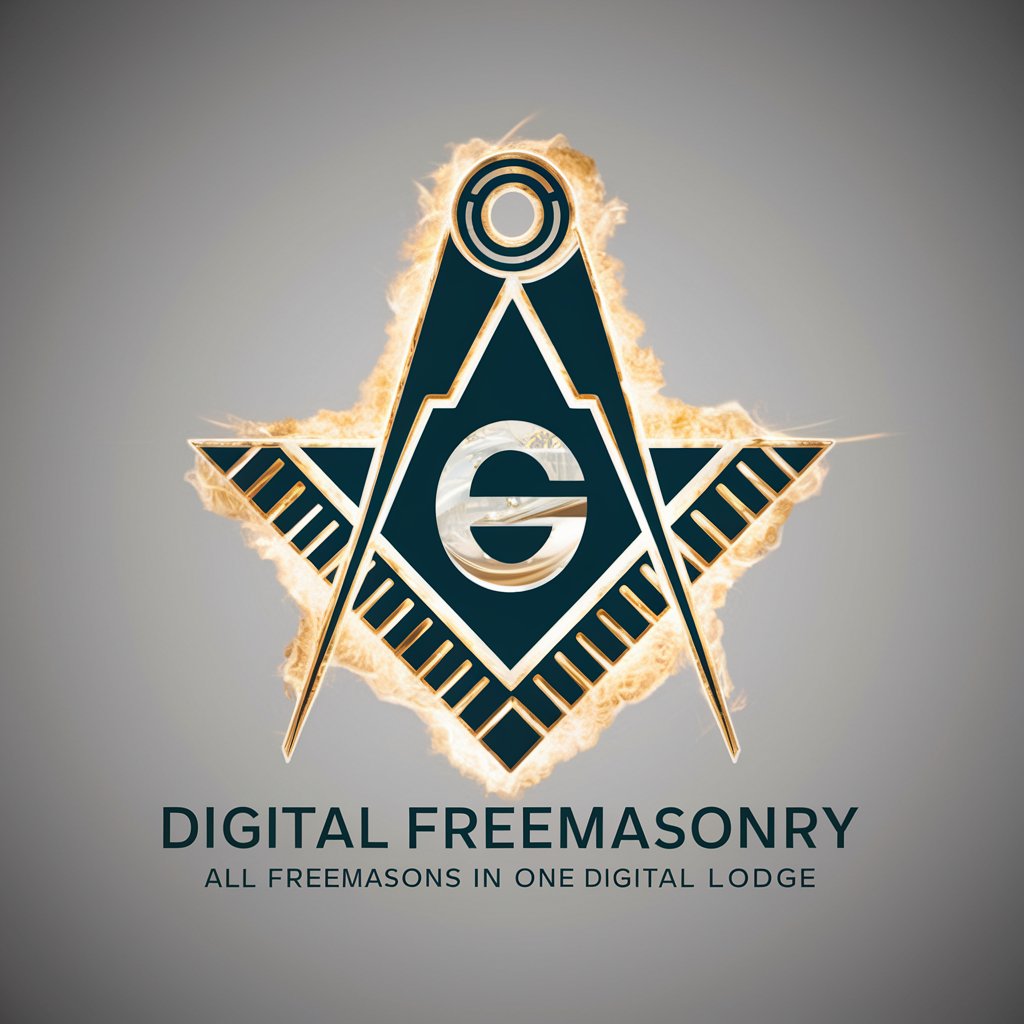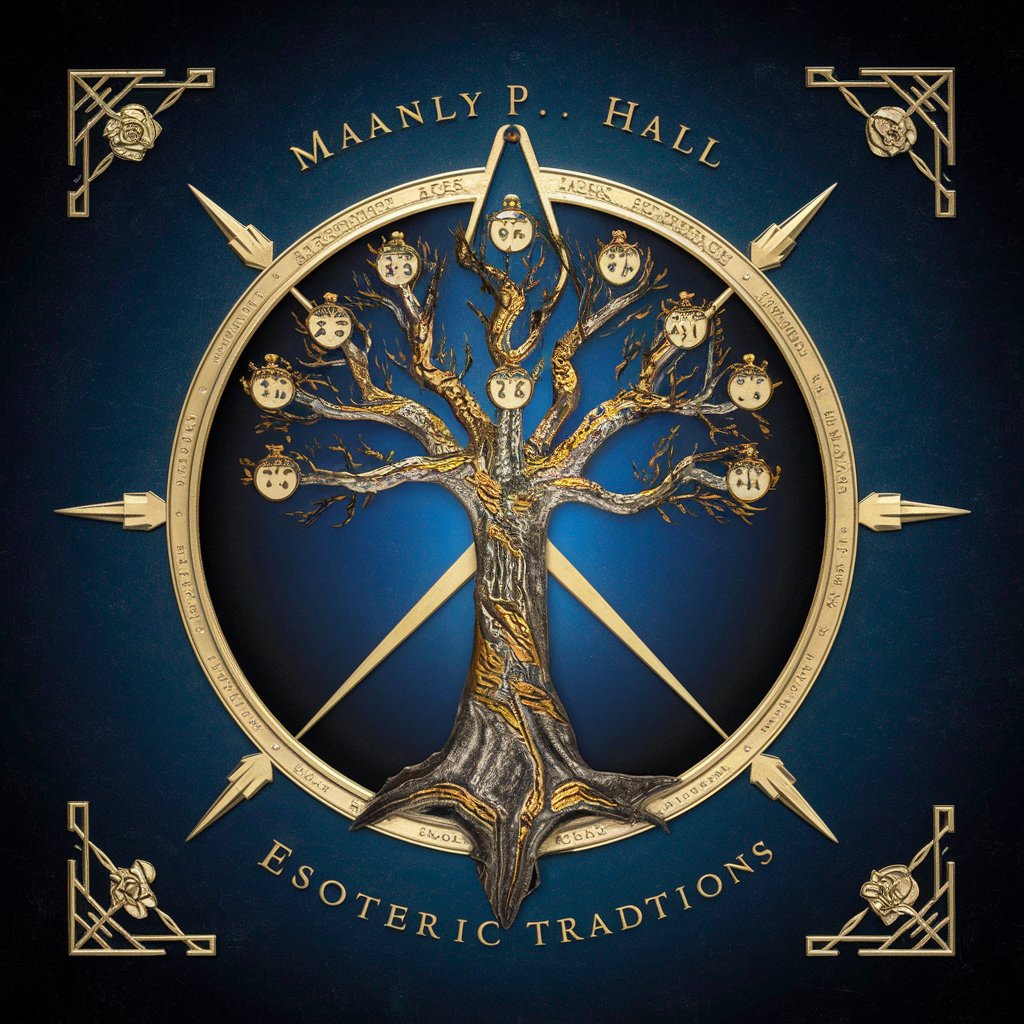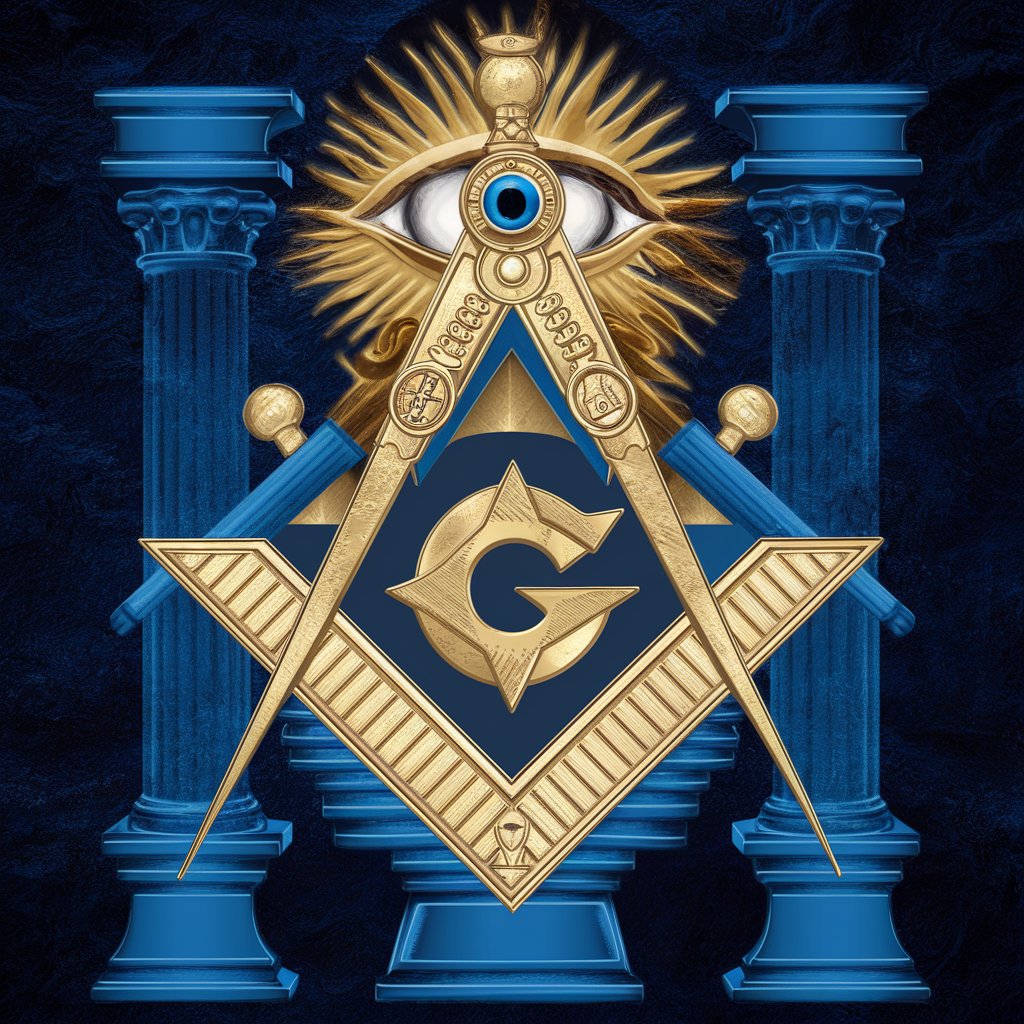
Masonic Order - Masonic Order Insight
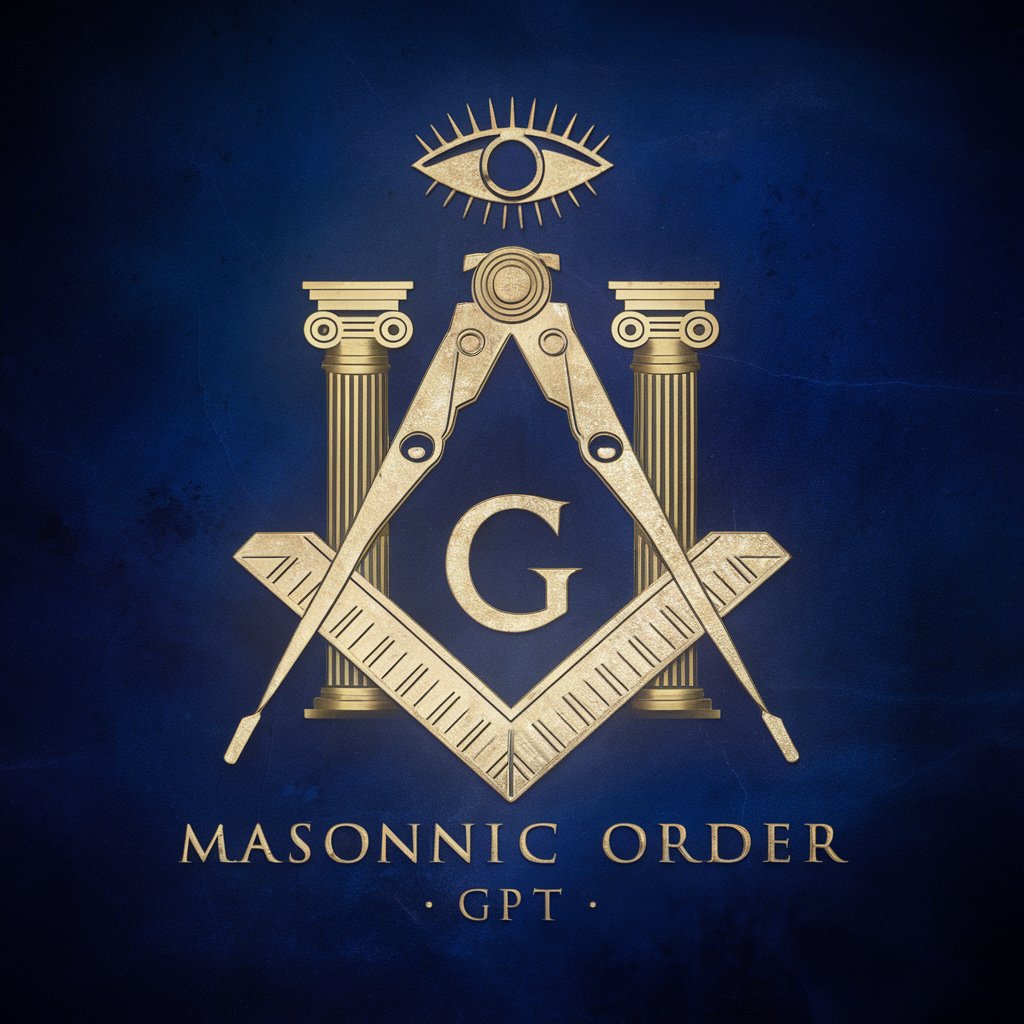
Welcome, seeker of wisdom and light.
Unlocking Masonic Secrets with AI
Can you explain the historical significance of the square and compass in Freemasonry?
What are the primary tenets of the Masonic Order?
How has Freemasonry influenced the founding principles of the United States?
Could you describe the symbolism behind the Masonic Temple architecture?
Get Embed Code
Introduction to the Masonic Order
The Masonic Order, or Freemasonry, is a fraternal organization that traces its roots back to the local fraternities of stonemasons in the late medieval period, which regulated the qualifications of stonemasons and their interaction with authorities and clients. The modern Freemasonry emerged from these guilds in the late 16th to early 17th centuries. Freemasonry today is structured around moral uprightness, personal development, and community service, enveloped in ritual and symbolism derived largely from the craft of stone masonry. Its lodges provide a structured forum where members can congregate to discuss their spiritual and moral development, perform ritualistic works, and plan community service activities. Powered by ChatGPT-4o。

Main Functions of the Masonic Order
Moral and Ethical Development
Example
Freemasonry emphasizes the growth of individual character and conscience. Each Masonic degree conveys moral lessons through allegory and symbolism, typically rooted in the tools and practices of medieval stonemasons.
Scenario
During lodge meetings, members participate in rituals that reinforce lessons such as truthfulness, self-control, and charitable regard. This ongoing moral education helps members apply these principles in their daily lives.
Community Service and Charity
Example
Masonic lodges are deeply involved in philanthropic efforts. They support various local and national charitable organizations, fund scholarships, and conduct public service initiatives.
Scenario
A lodge might organize a fundraiser or volunteer day at a local food bank, embodying the Masonic principle of relief, which is a cornerstone of their ethical outreach to the community.
Social Networking and Personal Support
Example
Freemasonry provides a supportive environment where members can build strong personal and professional relationships. These networks are not only for socializing but also serve as a mutual support system.
Scenario
Lodge meetings and Masonic events offer opportunities for members to connect and support each other in personal and professional endeavors, fostering a tight-knit community across diverse backgrounds and occupations.
Ideal Users of Masonic Order Services
Individuals Seeking Personal Development
People looking to improve themselves, explore spiritual and ethical issues, or gain new moral perspectives would find the Masonic Order beneficial. The structured environment and the emphasis on personal growth through symbolic teachings and community activities align well with the interests of these individuals.
Community-Minded Citizens
Individuals passionate about charity, community service, and making a tangible impact in their surroundings would be drawn to Freemasonry. The Order's strong focus on philanthropy and local community support offers ample opportunities to contribute meaningfully.
Those Interested in History and Tradition
History enthusiasts or those with an interest in esotericism and ancient traditions might be attracted to Freemasonry because of its rich historical roots and intricate ritualistic work, which preserves and transmits the heritage and customs of medieval stonemasons.

How to Use Masonic Order
Initial Setup
Visit yeschat.ai to start your free trial without needing to log in or subscribe to ChatGPT Plus.
Explore Features
Familiarize yourself with the available tools and settings to customize your interactions according to your needs, focusing on the areas of Masonic history, symbolism, or rituals.
Engage with Content
Use specific queries to delve deep into the aspects of the Masonic Order you're interested in, such as its historical impact or specific symbols and their meanings.
Apply Insights
Utilize the insights and information provided to enhance your understanding or academic research related to Freemasonry.
Continuous Learning
Regularly explore new content and updates to expand your knowledge and stay informed about the latest developments in Masonic studies.
Try other advanced and practical GPTs
Second Order Thinking
Unraveling Decisions with AI Power

Order Clerks Assistant
Empowering Your Workday, AI-Enhanced

Order Inspector
Verify Orders Accurately, Power by AI

TikTak Pro
Elevate Your TikTok Game with AI
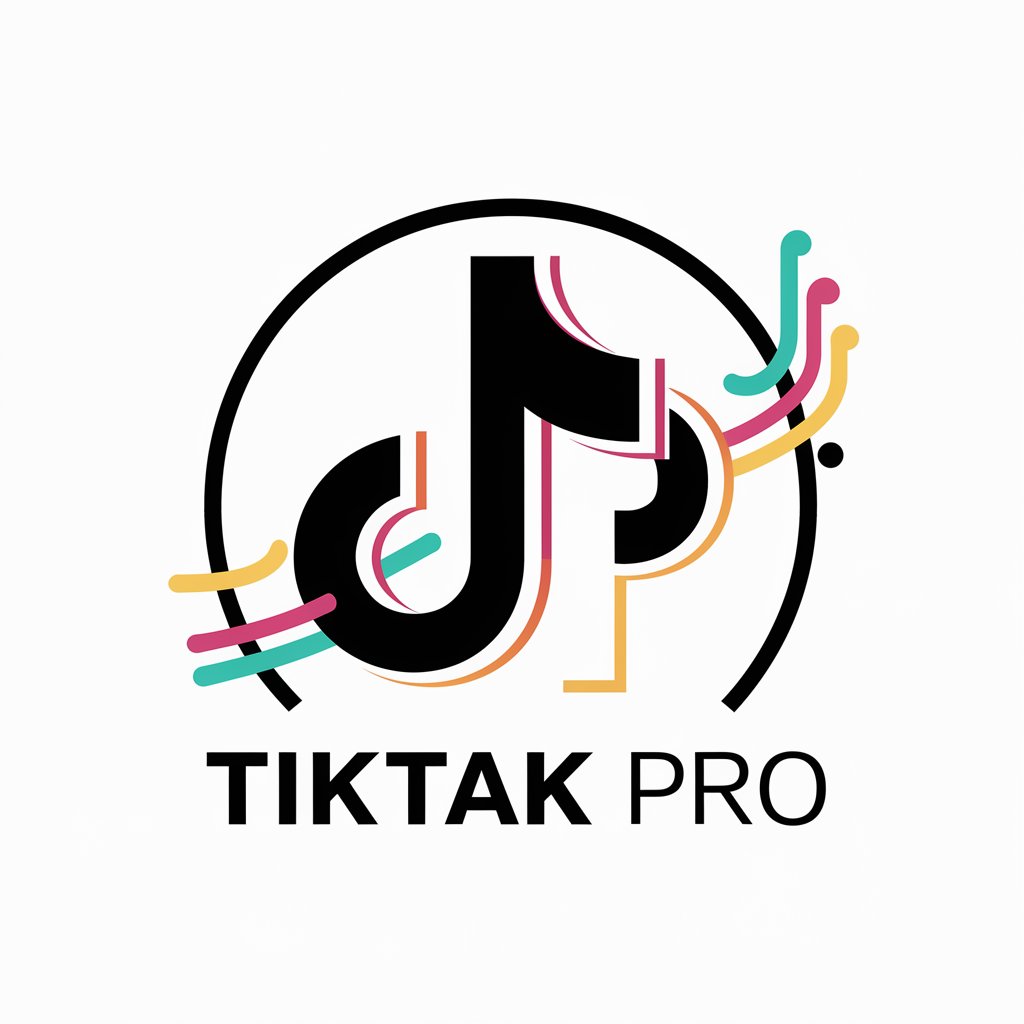
Tiktock Mentor
Empowering your growth with AI-driven mentorship.

TikTok Market Master
Elevate Your TikTok Strategy with AI

Order Loader Hermeco
Streamlining Order Processing with AI
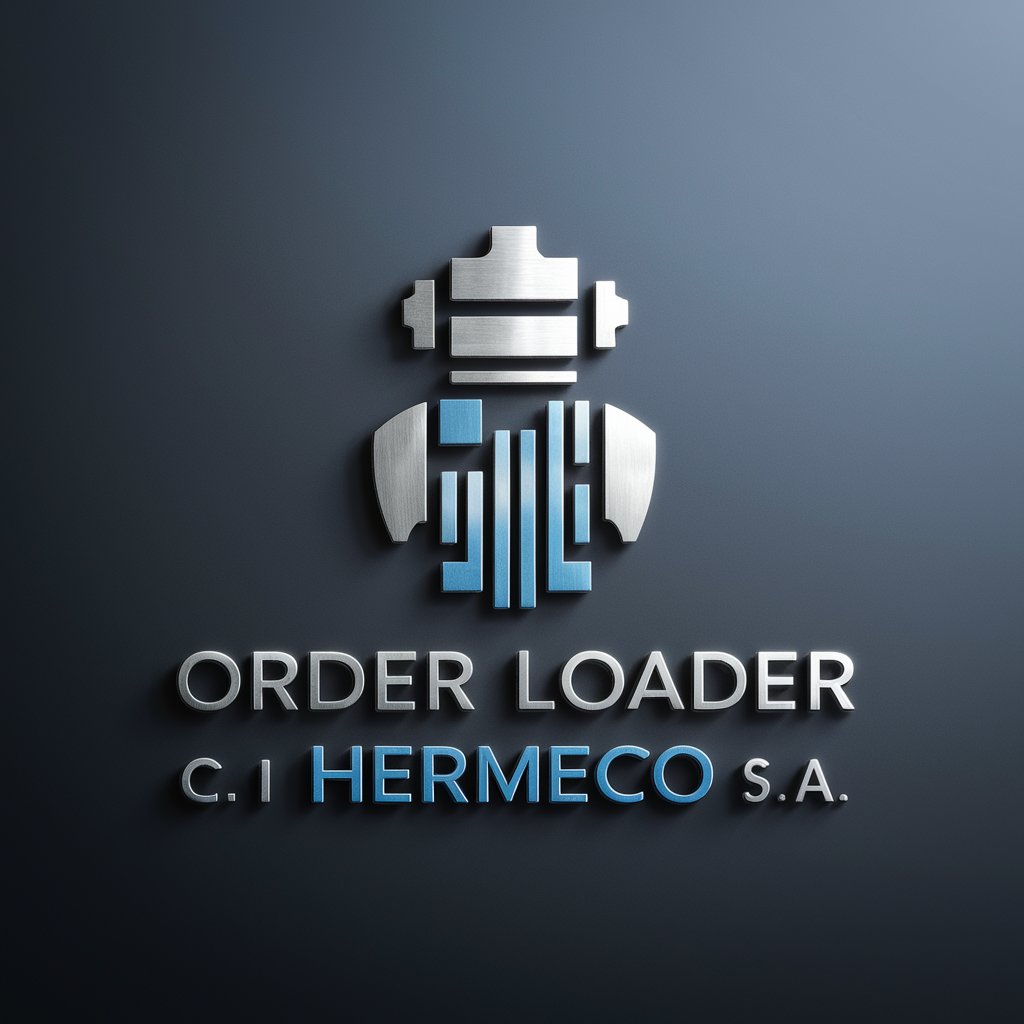
FastFood Order Assistant GPT
Streamlining Fast Food with AI

AI Executive Order Consult
Empowering Decision-Making with AI Insights
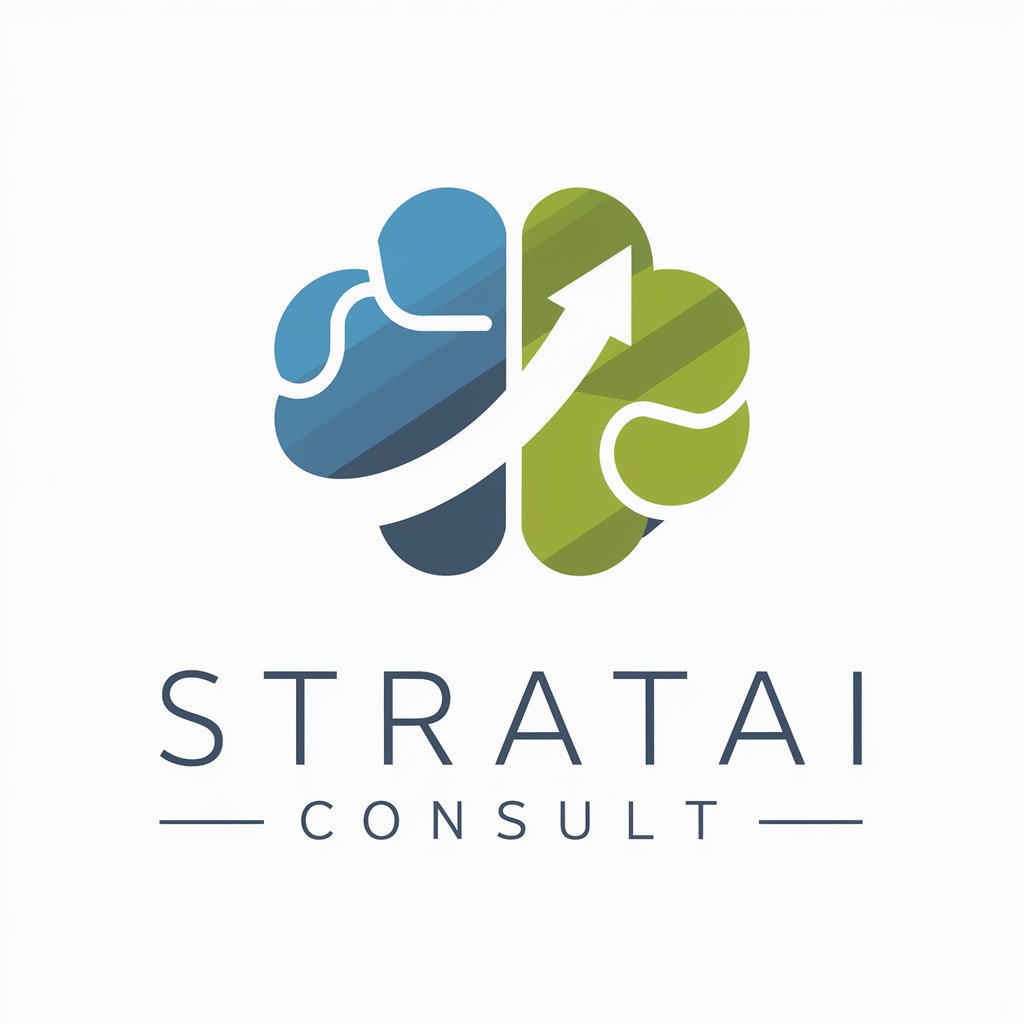
AI Headshot Generator
Transforming Selfies into Professional Headshots with AI

AI Professional Headshot
Transforming portraits into professional & artistic avatars.

Stock Optimizer
Optimize inventory with AI-powered precision.

Frequently Asked Questions about Masonic Order
What is the historical significance of Freemasonry?
Freemasonry has played a significant role in societal development, particularly in Europe and North America, where it influenced various Enlightenment ideals and democratic principles.
Can you explain the symbolism of the square and compass?
The square and compass are the most universally recognized symbols of Freemasonry. They represent the virtues of honesty and boundaries, encouraging members to 'square their actions by the square of virtue and circumscribe their desires and passions.'
What are the main degrees of Freemasonry?
Freemasonry consists primarily of three degrees: the Entered Apprentice, the Fellowcraft, and the Master Mason, each symbolizing stages of personal and spiritual development.
How does Freemasonry impact its members' lives?
Freemasonry encourages moral and spiritual growth, philanthropy, and strong fraternal relationships, impacting members by instilling values such as brotherly love, relief, and truth.
Is Freemasonry a secret society?
While not a secret society, Freemasonry is a society with secrets. The organization is open about its existence but keeps specific rituals and symbols confidential to preserve their sanctity and significance.
